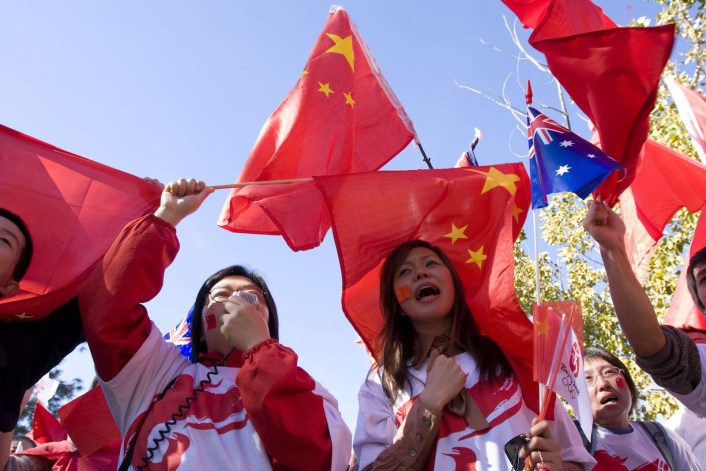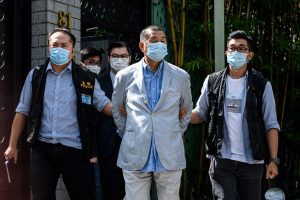(ATF) Chinese investment in Australia fell 58% last year despite also recording a jump in bilateral trade.
But recent disputes over technology transfers and the origin of the coronavirus look likely to hamper hopes of recovering lost ground.
A report by the University of Sydney and financial services giant KPMG calculates that Chinese investment into Australia fell to $2.4 billion last year from $5.9bn the year before.
At the same time, bilateral trade between two climbed 21% to a record $163bn.
The study’s co-author, Professor Hans Hendrischke from the university’s Business School and China Studies Centre told Xinhua on Wednesday that the decline in Chinese investment had been reflected in other developed countries.
“Chinese outbound direct investment into all developed countries has decreased over the last three years after a big spike in 2015 and 2016,” Hendrischke said. “Australia was for some years during the mining investment boom the largest recipient country for Chinese outbound direct investment and then fell back to second place behind the U.S.”
READ MORE: Australia losing $2.5 bn a week in virus shutdown
With the global impact of coronavirus, the economic relationship between Australia and China stands at a particularly important juncture, with the potential to play a significant role in both countries’ fortunes moving forward.
“When the economic recovery from the COVID-19 pandemic gains pace, Australia will be keen to expand domestic manufacturing. Developing new manufacturing in Australia will require investment capital on the one hand and demand for Australian manufactured products on the other,” Hendrischke said.
“Australia’s most immediate market opportunities are in China where Australian agribusiness and its products have a strong reputation. Cooperation with Chinese investors who have access to the Chinese market will be among the first opportunities for improving bilateral economic relations.”
That may prove difficult as the two countries fight a public diplomatic spat.
Australian Prime Minister Scott Morrison warned on Thursday he wouldn’t back down from Chinese “coercion” after China halted beef imports and told its tourists not to travel down under.
“We are an open-trading nation, mate, but I’m never going to trade our values in response to coercion from wherever it comes,” Morrison reportedly told a local radio station.
The two nations have been at loggerheads over Canberra’s call for an investigation of China’s role in spreading coronavirus.
Even so, China has made no threats to curtail purchases of iron ore or energy products, Australia’s chief exports to the world’s second-largest economy.
Estimates by Wood Mackenzie suggest Australia’s iron ore and liquefied natural gas exports to China climbed 8% and 9%, respectively, compared to a year ago, and are “way ahead of where they were before the pandemic”.
























